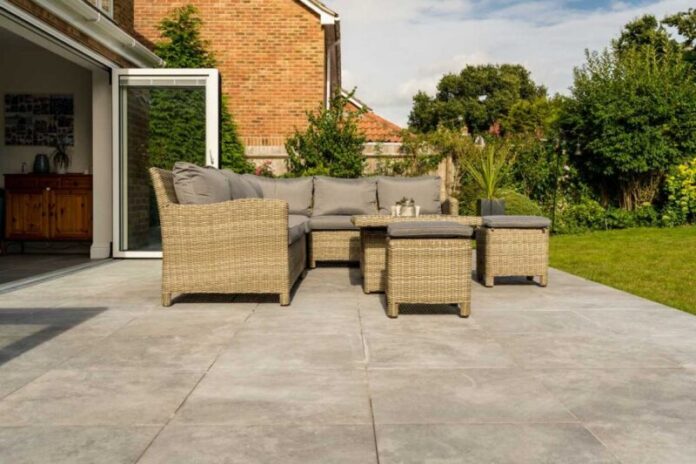If you’re considering using porcelain for your next paving project, there are a few things you should know about the pros and cons of this material. In this article, we’ll take a close look at the advantages and disadvantages of porcelain paving so that you can make an informed decision about whether it’s the right choice for you.
What is Porcelain?
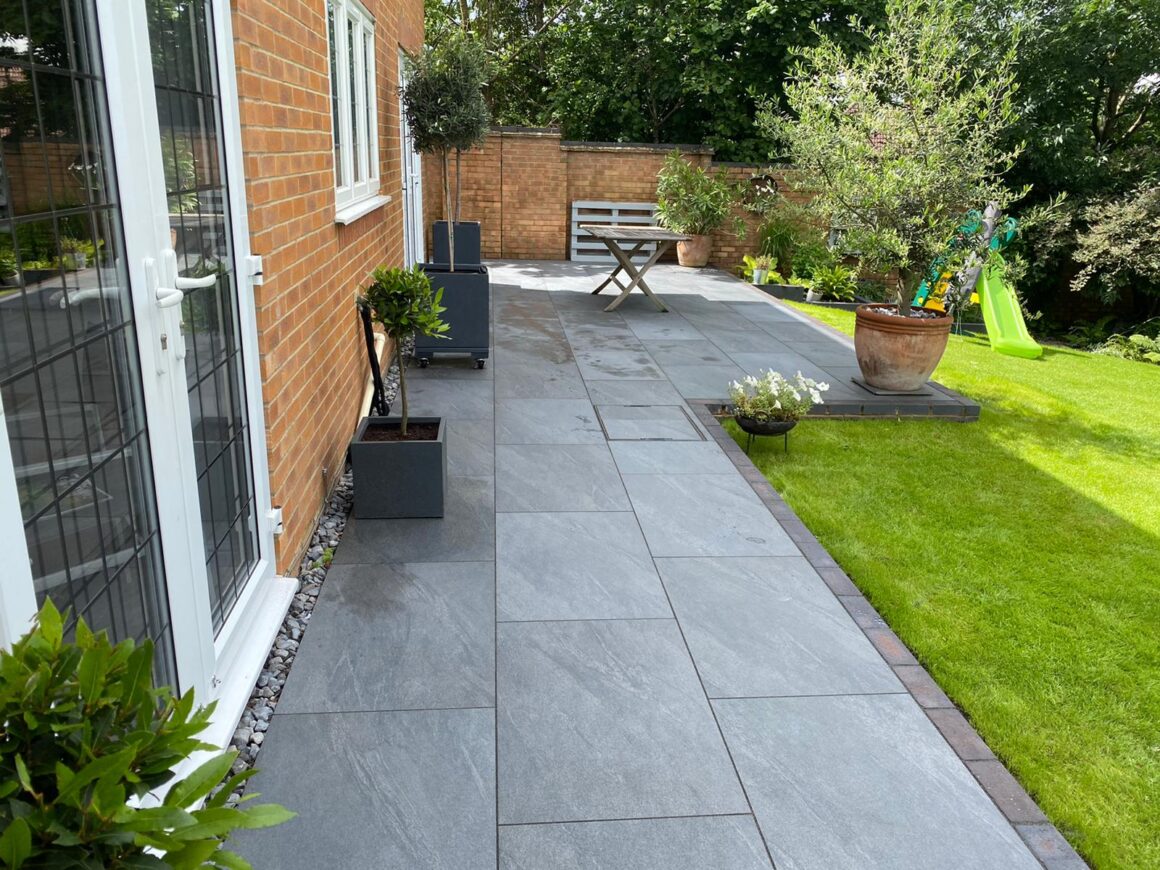
Porcelain is a type of ceramic that is made from kaolin, a white clay. It is fired at a high temperature, which gives it a harder, more durable surface. Porcelain tile is often used for flooring and countertops because it is resistant to staining and scratching.
There are several pros and cons to using porcelain for paving. Pros include the fact that porcelain is weather-resistant, slip-resistant, and low-maintenance. Cons include the fact that porcelain can be expensive, and it may require professional installation.
The Pros of Porcelain Paving
- Porcelain is extremely durable, making it ideal for high-traffic areas.
- Porcelain is stain-resistant and easy to clean, so you won’t have to worry about spills and dirt ruining your pavement.
- Porcelain is a beautiful paving material that can add value to your home.
The Cons of Porcelain Paving
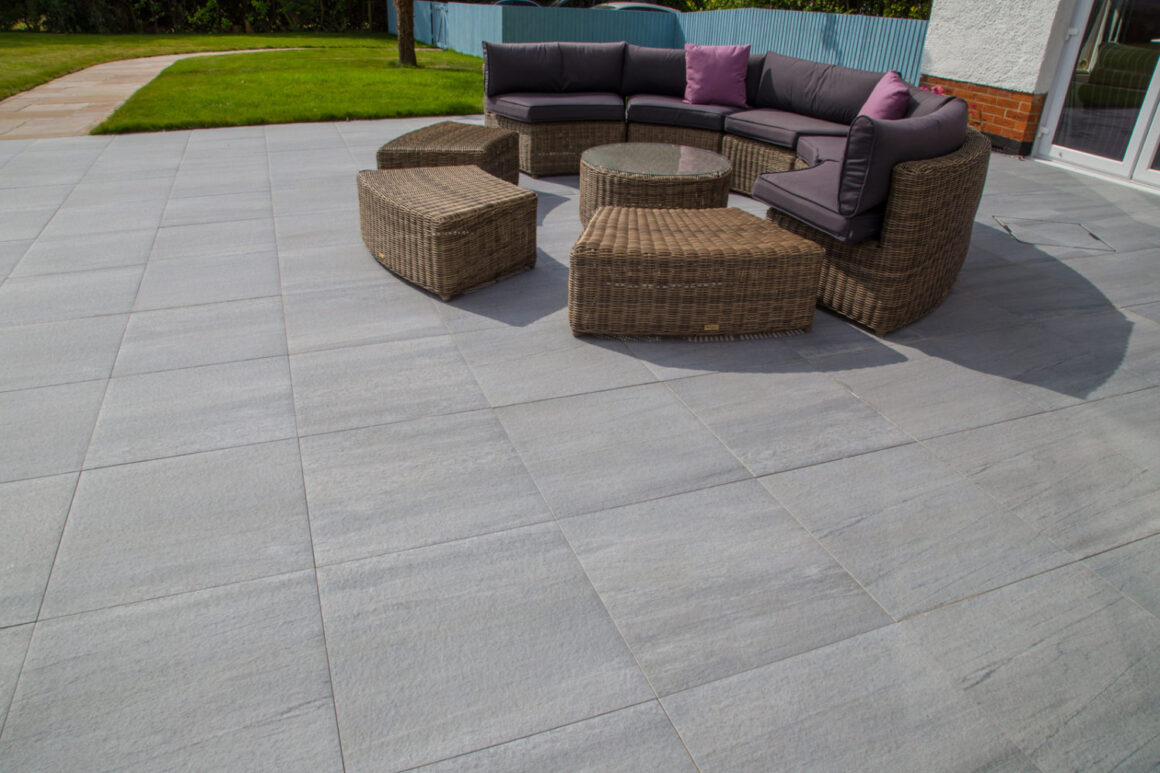
- While porcelain is a very strong and durable material, it is also quite brittle. This means that if it is not installed correctly, or if it experiences a lot of wear and tear, it can easily crack or chip.
- Porcelain paving is also quite expensive, and therefore may not be the best option for those on a tight budget.
- Another downside to porcelain paving is that it can be quite slippery when wet, which can pose a safety hazard.
How to Decide if Porcelain is Right for Your Paving Project?
Porcelain is a popular choice for many paving projects because it is strong and durable. However, there are a few things to consider before deciding if porcelain is right for your project.
- Consider the climate. Porcelain paving can be a good choice for climates that experience extreme temperatures, as it is resistant to heat and cold.
- Consider the traffic. Porcelain is a good choice for areas that experience high traffic, as it is very strong and durable.
- Consider the cost. Porcelain can be more expensive than other types of paving materials, so be sure to factor this into your budget.
How to Install Porcelain Paving?
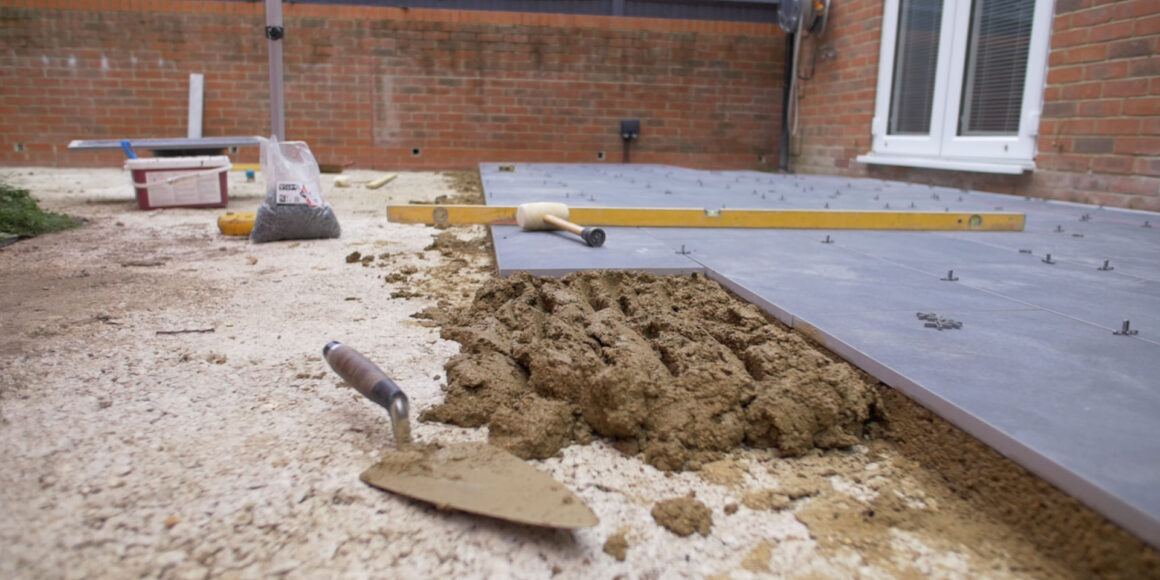
Porcelain paving is a great way to add an elegant touch to your home’s outdoor space. While it is more expensive than other types of paving, porcelain is very strong and durable, making it a good investment for your home. Porcelain paving is also very easy to clean and maintain, so you can enjoy your beautiful patio or walkway for many years to come. If you are considering installing porcelain paving, here are a few tips to help you get started:
- Choose the right type of porcelain for your needs. There are many different types of porcelain paving available on the market, so it’s important to choose the one that best suits your needs. If you want a durable surface that can withstand heavy foot traffic, choose a porcelain tile that is rated for commercial use. For a more decorative option, there are also many different colors and patterns available.
- Prepare the surface before you start. Porcelain tiles are very strong, but they can crack if they are not installed properly. Make sure the surface you are going to install them on is level and even before you begin. If there are any cracks or uneven spots, fill them in with concrete or another filler material.
- Lay the tiles in place. Once the surface is prepared, start laying the porcelain tiles in place. Begin at one end of the area and work your way towards the other. Make sure each tile is level with the ones around it before you move on to the next one.
- Seal the tiles. Once all the tiles are in place, seal them with a waterproof sealant. This will help protect them from weather damage and stains. Allow the sealant to dry completely before using the area.
- Enjoy your new space! Porcelain paving is a beautiful and durable way to improve the look of your home. With proper installation and care, your new patio or walkway will last for many years to come.
Who Can Benefit from Using Porcelain Paving?
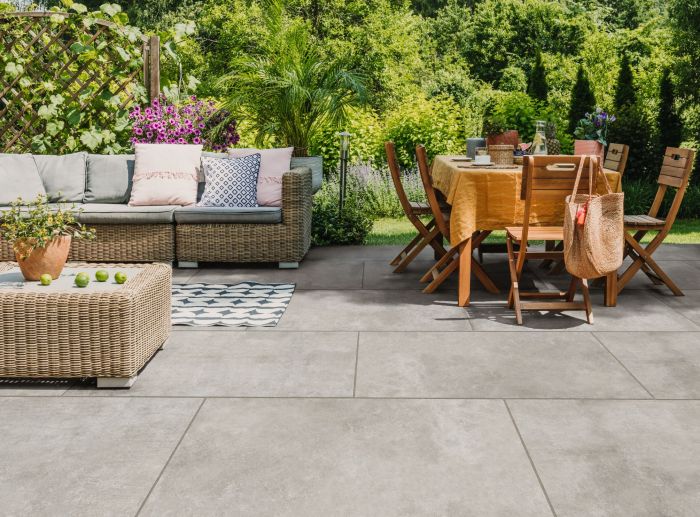
Porcelain paving is a type of material that is made from a mixture of kaolin, feldspar, quartz, and other minerals. It is then kiln-fired at extremely high temperatures to create a strong, durable product. Porcelain paving can be used for both indoor and outdoor applications and has a number of benefits over other types of paving materials.
– One of the biggest benefits of porcelain paving is its durability. Porcelain is much harder than ceramic tile, making it less likely to scratch or chip. It is also resistant to staining and fading, meaning that it will keep its good looks for many years to come.
– Another advantage of porcelain paving is that it is easy to clean and maintain. Porcelain is non-porous, so it does not absorb stains the way that other materials do. This makes it ideal for high traffic areas where dirt and grime can quickly build up. A simple sweeping and mopping with a mild detergent is usually all that is needed to keep porcelain paving looking like new.
If you are looking for a low-maintenance, durable paving material, porcelain may be the right choice for you.
Conclusion
Porcelain is a great material for paving because it is strong and durable. However, there are a few things to keep in mind before you install porcelain pavers. First, porcelain can be slippery when wet, so make sure to choose a non-slip variety. Second, porcelain pavers can be stained by dirt and grime, so they require more maintenance than other types of paving materials. Overall, porcelain is a good choice for paving if you are willing to put in the extra effort to keep them clean.

